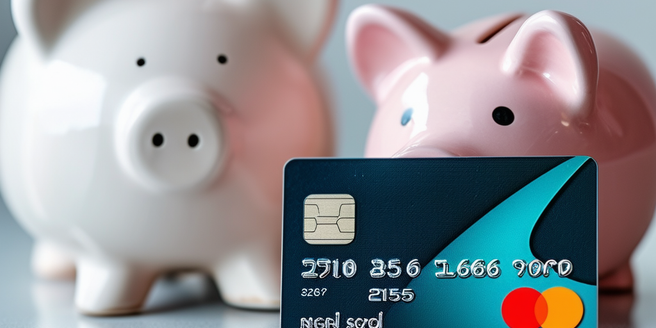
Understanding Credit Card Debt
Using a credit card is essentially borrowing funds from the card company to cover your expenses, which becomes debt if not fully cleared by the payment due date. If this balance isn’t cleared, the card issuer starts applying interest charges, resulting in mounting debt. The insidious aspect is how swiftly this debt can accumulate, compounding over time due to inattention or negligence, often catching the cardholder by surprise with a sizable and difficult to handle total. Hence, careful and prompt attention should be given to clearing credit card balances to avoid the trap of unmanageable, and potentially, devastating credit card debt.
Single Payment: Benefits and Drawbacks
Single payment offers a clear advantage, enabling swift debt clearance, and eliminating the perpetual worry of owing money. It can particularly help in preventing interest from continuously adding to the debt. Although, this approach might not be feasible for everyone, especially when the amount payable is large or during financial crunch. Making a large payment can impose a risk to financial stability by limiting liquidity and putting a substantial amount of resources into debt clearance. This can potentially leave you financially vulnerable to any unexpected future expenses, jeopardizing your financial security. Hence, while single payments can efficiently eliminate the debt, the potential risks and limitations must also be taken into account. It’s a tightrope walk between the immediate relief of clearing debt and possible financial vulnerability it may trigger.
Paying in Installments: Pros and Cons
Paying in installments can ease large debts by spreading repayment over time, providing a structured method for debt management. However, this approach can accrue more interest over the longer repayment period than paying a lump sum upfront. To navigate this, review your income, expenses, financial goals, and the debt’s interest rate. If the rate is low, installments could be worthwhile, but with high rates, it may not be cost-efficient. It’s crucial to consider your personal financial situation before deciding to pay in installments.
Factors Influencing Your Choice of Repayment Method
Choosing between a single payment or a series of installments pivots on multiple factors such as your current finances, debt size, credit score, and confidence in maintaining regular payments; all these factors should be considered due to their long-term effects on your financial health. It’s vital to consider the interest rate and potential income or expense fluctuations in the future. For example, consistent future income and a low interest rate may favor installment payments, but one-time payment might be wiser if future income could decrease or expenses increase. As such, payment plan decisions are complex, requiring both short-term considerations (current finances, debt size) and long-term implications (income and expense changes) for a well-informed decision.
How Interest Rates Affect Your Repayment Choice
The interest rate plays a crucial role in deciding a repayment plan, as it directly impacts the total cost of borrowing. A loan with a high-interest rate can lead to a significant financial burden over the long term, making monthly installments more expensive. Conversely, choosing a loan with a lower interest rate is a more feasible and less burdensome alternative. Lower interest rates result in affordable installments, allowing borrowers the flexibility to meet their repayment obligations without straining their budget. They transform a loan from a daunting commitment into a more viable and achievable financial plan, reducing financial stress.
Strategies to Effectively Manage Credit Card Repayment
Effective financial strategies, like setting a sensible budget, prioritizing debt repayment, considering balance transfers, and seeking professional advice, can bring major benefits. A budget offers a clear overview of your finances, helping avoid unnecessary expenses while ensuring funds are available for your main needs. Focusing on paying off high-interest debts, particularly from credit cards, will notably reduce total debt over time. Balance transfer to lower interest credit cards or loans is advisable in this case. Professionals can offer specialized advice and strategies based on your finances, leading to good investments or saving opportunities. Making more significant payments than the minimum, when feasible, can cut down on the interest paid. Regular financial health analysis is crucial to adapt and implement suitable strategies, helping you to adjust your budget or debt repayment plan continually. Constant reassessment is the key to finding the best financial strategies for your specific situation.
